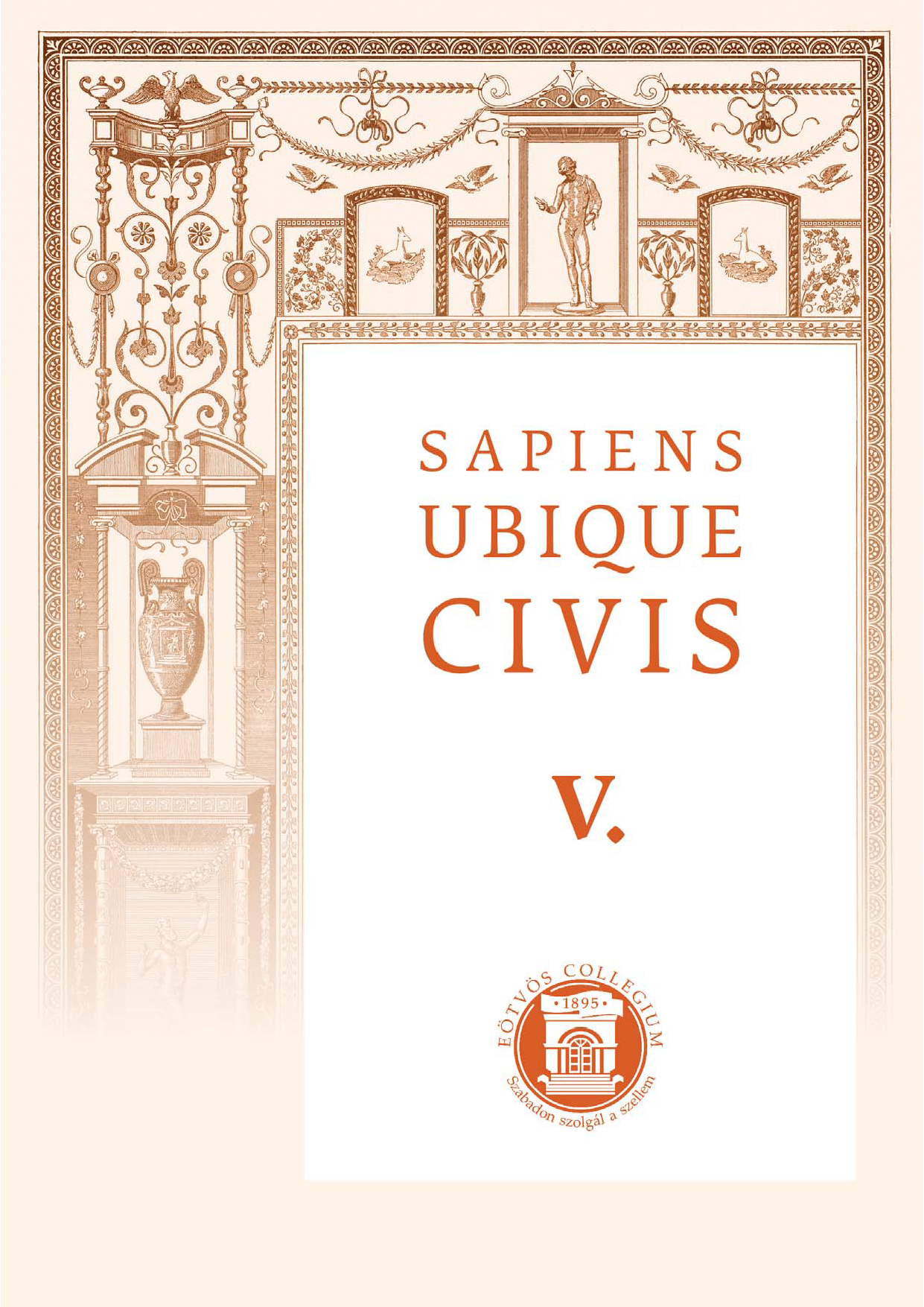How to Feel Again: Tibullus 1.5 and the Emotionalisation of Recipients
Main Article Content
Abstract
As early as 1979, Cairns described one of the most important characteristics of elegies of Tibullus: they play with the recipients’ expectations, as they only pass on information to the recipients in a gradual manner. This essay attempts to apply this concept not only to Tibullus’ elegy 1.5, but above all to the transition from Elegy 1.4 to 1.5. The focus will be on the ‘confusing’ and religious structures of the text, as these are clearly used to influence the emotional state of the recipients. A brief insight into the field of Emotion Studies together with Cairns’ concept of “delayed information” will help to focus on the first 36 verses of the elegy and their attempts to create a ‘confusing relationship’ with the recipients.
Article Details
How to Cite
Wurzinger, C. (2024). How to Feel Again: Tibullus 1.5 and the Emotionalisation of Recipients. Sapiens Ubique Civis, 5, 171–188. https://doi.org/10.14232/suc.2024.5.171-188
Section
Articles

